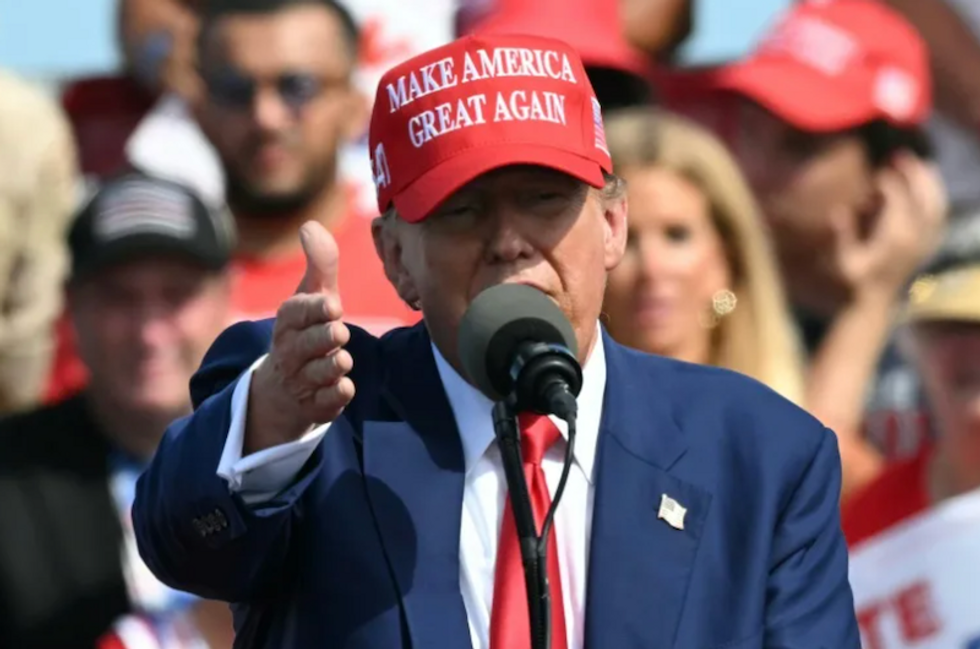Donald Trump’s Green Card Proposal for Foreign Graduates
Softening Immigration Stance or Political Strategy?
Donald Trump said he wants to grant green cards to foreign graduates from US colleges, in an apparent softening of his typically hard-line view on immigration, a key election issue. The Republican candidate made the remarks in a podcast published Thursday, days after President Joe Biden announced a citizenship pathway for immigrants married to US nationals, counterbalancing his recent crackdown on illegal border crossings.
“What I want to do and what I will do is, you graduate from a college, I think you should get your green card,” Trump stated. This statement comes as a surprise to many, as the former President has been known for his tough stance on immigration, including the controversial travel bans and family separation policies.
Changing Tides in Immigration Policy
The proposal to grant green cards to foreign graduates reflects a shift in focus towards attracting and retaining talent in the United States. By allowing international students to stay and work in the country after completing their studies, the US could benefit from their skills and contributions to the economy.
This move could also help address the growing concern over the decline in international student enrollment in US colleges and universities. The Trump administration’s restrictive immigration policies have led to a decrease in the number of foreign students coming to the US, impacting both academic institutions and the economy.
With the proposed green card policy, foreign graduates would have a pathway to permanent residency and eventually citizenship, providing them with stability and opportunities for growth in the US. This could have far-reaching implications for the country’s workforce and economy, as well as its reputation as a hub for global talent.
How Does This Proposal Impact Me?
As an international student studying in the US, the prospect of receiving a green card upon graduation is exciting and promising. It would offer me the chance to pursue career opportunities in the US without the uncertainty and limitations of a temporary visa.
This policy could make it easier for me to secure employment after graduation and build a life in the US, rather than being forced to return to my home country due to visa restrictions. It also sends a positive message about the value of international students and their contributions to the American society and economy.
Global Ramifications of Trump’s Green Card Proposal
Internationally, Trump’s green card proposal could have significant implications for countries around the world. By incentivizing foreign students to study in the US with the promise of permanent residency, it may impact enrollment trends in other countries and the global competition for talent.
Countries that rely on sending students abroad for higher education could see a shift in where their students choose to study, with the US becoming a more attractive option for those seeking long-term opportunities. This could lead to increased brain drain in certain regions and a more competitive landscape for talent retention.
Overall, Trump’s green card proposal has the potential to reshape the international education and immigration landscape, creating new opportunities and challenges for students, academic institutions, and governments worldwide.
Conclusion
Donald Trump’s proposal to grant green cards to foreign graduates from US colleges marks a significant departure from his previous immigration policies and could have wide-ranging effects on the country and the world. By providing international students with a pathway to permanent residency, the US stands to benefit from their talent and contributions to the economy, while also influencing global trends in education and immigration.
As an international student, this proposal offers hope for a brighter future in the US, with the potential for greater opportunities and stability. However, the full impact of this policy shift remains to be seen, and it will be important to monitor how it unfolds in the coming months and years.





